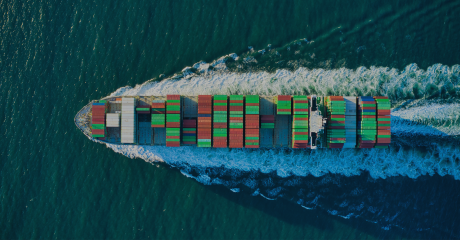On March 15, the European Parliament approved the Corporate Sustainability Due Diligence Directive (CSDDD), a law with far-reaching and legally enforceable obligations for both European companies and those operating within the EU’s borders. The adoption of the CSDDD is a significant step in mandating companies to embed responsible business conduct into due diligence policies and procedures.
After several years of legislative developments on due diligence regulation at the national level, the CSDDD seeks to harmonize due diligence requirements across EU Member States and to level the playing field for companies active in the EU market.
Here’s everything you need to know about the new landmark directive:
What does the law state?
The directive requires EU and non-EU companies to map the full surface area of their global commercial network, and to include their direct operations as well as their subsidiary structures across borders. It also requires companies to map their upstream supply chains and document the sub tier business partners along the “chain of activities” through as many layers as possible as well as the downstream partners engaged in distribution, transport, and storage of products. The counterparty and supply chain due diligence provisions will be enforceable by substantial administrative penalties and enforcement orders, and by civil liability for damages caused by failures to comply.
The directive specifies that companies should embed a risk-based approach into their due diligence activities. It also sets minimum requirements on companies to develop and implement appropriate measures to conduct due diligence. These obligations include:
- Integrate due diligence into policies and risk management systems
- Identify and assess actual or potential adverse impacts, and where necessary, prioritize potential actual adverse impacts
- Prevent and mitigate potential impacts, and bring actual adverse impacts to an end
- Establish and maintain a notification mechanism, and complaints procedure
- Monitor the effectiveness of due diligence policy and measures
- Publicly communicate on due diligence
- Combat climate change
What companies will be affected by the CSDDD?
The CSDDD will apply to the following types of companies:
- EU Companies with more than 1000 employees and a net worldwide turnover of more than €450 million in their last financial year.
- Non-EU companies with a turnover generated in the EU of more than €450 million.
The directive will be enforced with a phased-in approach based on company size and turnover:
- 3-year period for companies with over 5000 employees and EUR 1500 million turnover (starting 2027)
- 4-year period for those with over 3000 employees EUR 900 million turnover (starting 2028)
- 5-year period for companies with over 1000 employees and EUR 450 million turnover, and for companies having entered into franchising or licensing agreements with over EUR 80 million turnover in the EU and EUR 22.5 million in royalties (starting 2029)
How can companies ensure they’re ready?
The stakes for supply chain due diligence have never been higher in the EU. Prevailing supply chain mapping technology relies on a questionnaire based approach that is time consuming and resource intensive – and it doesn’t necessarily yield an accurate or comprehensive picture of a company’s upstream supply chain. Alternatively, Sayari’s approach allows supply chain risk management teams to discover sub-tier suppliers and visualize upstream relationships in seconds.
Sayari Map is the only fully integrated platform that allows global enterprises to easily map the full surface area of their global counterparty and supply chain network, allowing supply chain risk, trade compliance, procurement, and sourcing teams to adopt risk-based approaches to human rights, environmental, anti-bribery & corruption, adverse media, sanctions, and regulatory due diligence at each level of their chain of activities and automatically monitor tens of thousands of suppliers at scale.



